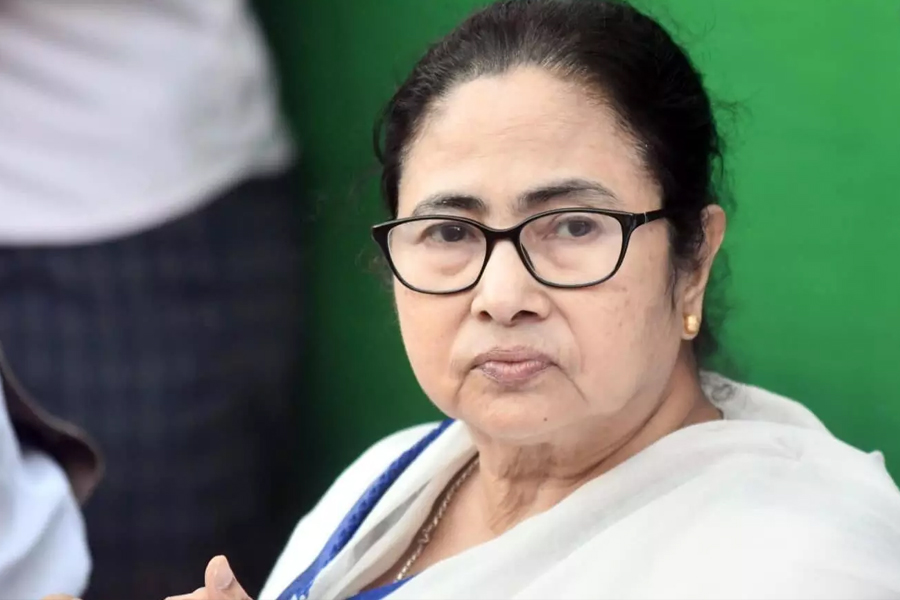
The Aparajita Bill, as well as its predecessors from Andhra Pradesh and Maharashtra, fall woefully short of the required standard of due diligence.
Authors
Saumya Uma, Professor, Director, Centre for Women’s Rights, Jindal Global Law School, O.P. Jindal Global University, Sonipat, Haryana, India.
Dhruv Madan, Jindal Global Law School, O.P. Jindal Global University, Sonipat, Haryana, India.
Summary*
In wake of the brutal rape and murder of a young doctor in R.G.Kar medical college and hospital in Kolkata last month and the public outrage and protests that followed, West Bengal’s legislative assembly on September 2, passed the ‘Aparajita Woman and Child (West Bengal Criminal Laws Amendment) Bill, 2024.’
West Bengal Governor C.V. Ananda Bose has not assented to the bill, referring it to President Droupadi Murmu.
The bill seeks to amend the Prevention of Children from Sexual Offences (POCSO) Act, 2012, along with the recently enacted Bharatiya Nyaya (Second) Sanhita (BNS) 2023 (containing definitions of and punishments for criminal offences) and The Bharatiya Nagarik Suraksha (Second) Sanhita (BNSS), 2023 (containing rules of criminal procedure), in its application to the state of West Bengal.
These amendments aim to enhance punishment for convicts and provide expeditious investigation and speedy trial for violence against women and children, including by establishing special courts.
Dubious legislative aims
The statement of objects and reasons of the bill states that the law is “to create a safer environment for women and children” in the state by amending BNS – the penal code that applies to the entire country. It claims that this is a “testament to the state’s unwavering commitment to uphold fundamental rights” of women and children and will ensure that rape and sexual offences against children are “met with the full force of the law.” It also proposes a dedicated special court and investigation team for providing swift justice.
Published in: The wire
To read the full article, please click here.

